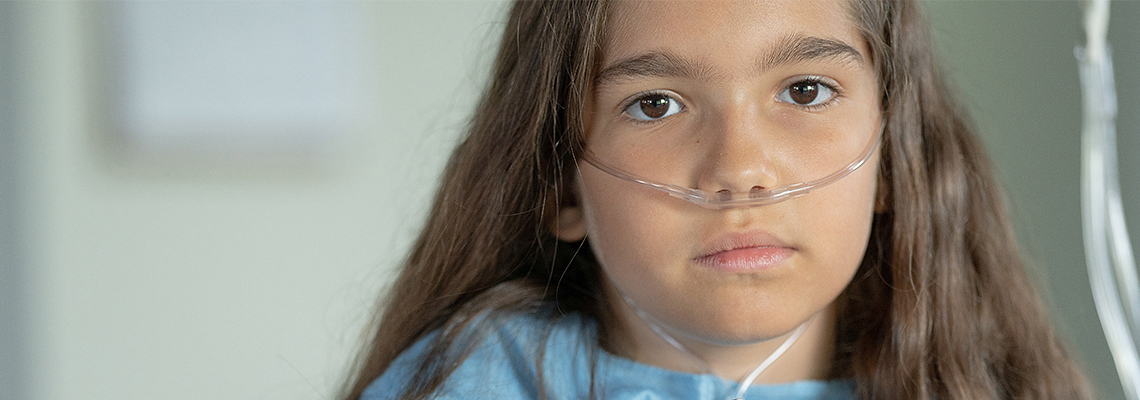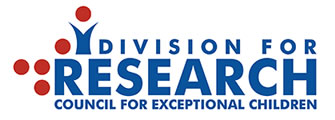
Chronic illness is defined as a medical or mental health condition, which lasts more than 12 months and is significant enough to limit a child’s normal activities. The latest research tells us that 10-30% of children have a chronic illness such as Diabetes, Asthma, or a heart condition. Being diagnosed with a chronic illness can be very scary not only for the child, but for their family as well. The child and family may experience a host of emotions and fears in response to the diagnosis. All of these emotions are completely normal. Once the dust settles, many families wonder “now what?” as they move forward with life in the context of their child’s chronic illness. Here are some tips for helping kids thrive:
Focus on what is going well.
It’s all too easy to lose sight of the good things when your child is sick. Parents can help by pointing out a good day, an achievement, or how well their child is coping with chronic illness. Celebrate the small things.
Let them be kids.
Try your best not to make life all about the child’s illness. Remember that they are still kids who want to play, have friends, and do kid things. You may need to adjust activities for them but let them participate to the extent that they are able.
Help them talk to others.
Help your child develop a script for responding to questions about their health status. This should be based on your child’s comfort level. Some kids want to educate others about their illness. Other kids are more private and would rather say “Thank you for checking on me, but I’d rather not talk about it.” Support your child in creating a few scripts for responding to questions that they are comfortable with answering. Letting kids practice their script at home can help them be more confident in other settings.
Feelings are ok!
Allow time and space for your child’s emotion. Grief, guilt, anger, sadness, and fear are all very normal responses to chronic illness. Children are likely to need different levels of support over time. Many kids cope very well with chronic illness as younger children but have a harder time during the teenage years. No matter their age, it’s helpful for them to talk about their concerns. Sometimes it’s good to involve a trained professional such as a therapist or counselor.
Find a mentor.
Many children benefit from meeting other people with a similar diagnosis. If possible, seek out a mentor for your child who can share stories of success and encouragement. This can be an adult or older child with a similar condition.
Work with the school.
Advocate for your child’s needs with their school and remain in good communication. Perhaps the nurse needs to know about the condition in order to provide medication at school. Your child may want their teachers to be more aware. They may need formal supports in the form of an Individualized Education Program (IEP) or 504 plan. The school counselor can provide a safe space if your child has a bad day at school. Taking advantage of school resources can expand your child’s sense of safety and provide reassurance for you when they are away from home.
Find your village.
The responsibility of caring for a child with chronic illness can feel very heavy at times. Including trusted friends and family members can be immensely helpful for parents. It can also increase your child’s confidence, independence, and self-esteem to be surrounded by people who know and care for them.
Practice Self-Care.
It is very common for parents to have trouble coping with their child’s chronic illness. Parents may experience their own grief, anger, and sadness. If you’re having difficulty coping or managing your own emotions, seek support. There are many support groups for parents of kids with chronic illness and these can be very helpful. If you’re looking for more individual support, a therapist trained in working with chronic illness can be helpful. In many cases, parent coping is an important predictor of how kids will adapt to chronic illness, so take care of you!
When to seek professional help:
- Your child is avoiding school for a significant period of time
- You observe concerning changes in your child’s mood, behavior, or how they interact with friends.
- Your child begins to refuse or resist necessary medications or treatment.
- Your child has persistent concerns about death/dying.
Proper Citation for this blog post:
Cirincione, LJ. (2024, March 25). Chronic illness in childhood – how parents can help kids thrive. Retrieved from https://infoaboutkids.org/blog/talking-to-youth-about-self-harm
















